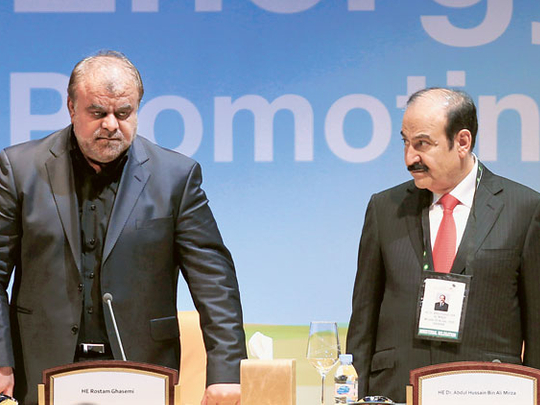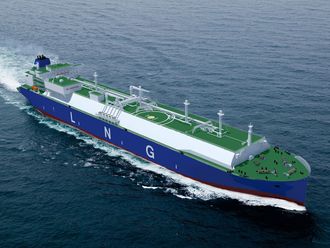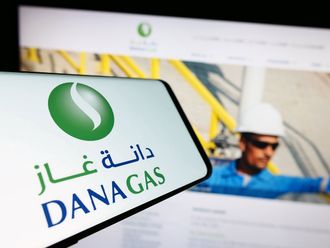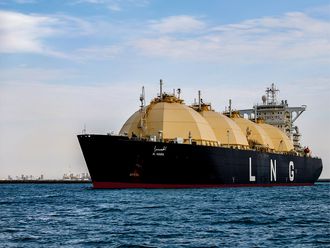
Washington: The United States has pointedly ramped up its public warnings over the last few weeks about the risks of military action against Iran.
Rhetoric has periodically escalated over the years, often bolstering pushes — like the present one — for tougher sanctions against Iran.
US Defence Secretary Leon Panetta said it risked "an escalation" that could "consume the Middle East in confrontation and conflict that we would regret."
It could also hobble the fragile US and European economies and might do little to actually stop Iran from getting an atomic weapon — a goal Tehran denies having. Iran says its uranium enrichment is for peaceful purposes.
Possible blowback
Panetta, citing conversations with his "Israeli friends," said an attack would only set back Iran's nuclear programme by one to two years at best. He also warned about blowback to US forces in the region.
Analysts say Tehran could retaliate by closing the Strait of Hormuz, the waterway where about 40 per cent of all traded oil passes. President Barack Obama, who is gearing up for a re-election battle next year, has had more trouble than his Republican predecessor, George W. Bush, in winning Israeli trust.
Bruce Riedel, a former adviser to the Obama administration and former senior CIA expert on the Middle East, said Washington was deeply wary of being dragged into a conflict that, from its perspective, might be unnecessary.












